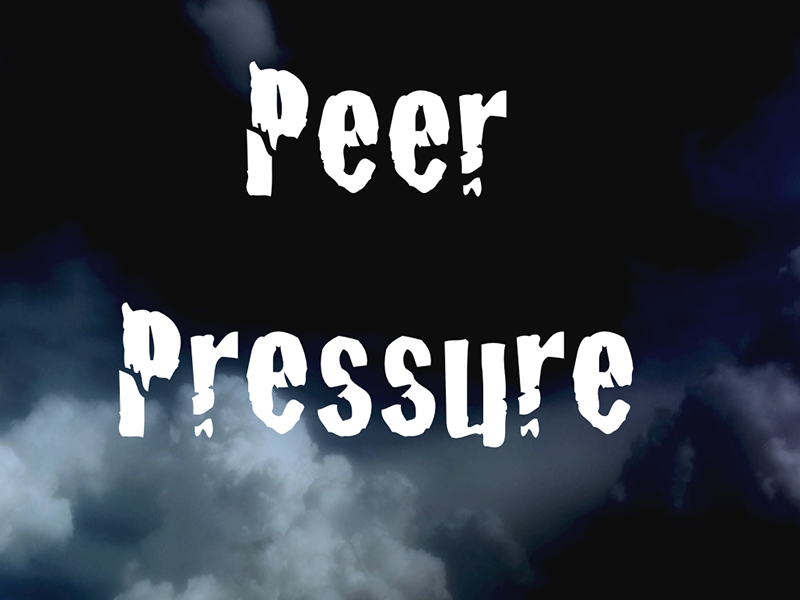By Sara Listar-Guest
Fall is here. School and extracurricular activities are in full swing. It’s an exciting time for adolescents entering middle school and high school – new friends, new challenges and new experiences. But with that also come tests, both in and out of the classroom. The desire to fit in and feel like you are part of a group is normal, and most people feel this way at some point or other, especially in the middle school and teen years.
Even when trying to do their best academically and socially, it can be hard for teenagers to resist peer pressure. With the pressures of wanting to fit in many seek approval of their peers and begin experimenting with drugs and alcohol.
If kids are surrounded by people with similar values, managing peer pressure is usually not that difficult. But it can be difficult in a school environment when they are surrounded by people with a wide variety of attitudes and behaviors. They may know just what to do one minute but then feel completely overwhelmed and pulled to go against their better judgement the next.
Here are some tips for helping children manage peer pressure as they return to school:
• Encourage your children to spend time with people who have similar values and won’t put them in uncomfortable situations.
• Help children set boundaries and give them permission to avoid people or situations that don’t feel right. It’s OK to leave a situation that feels uncomfortable.
• Tell your children that it’s not OK for others to force or pressure them into anything. They can tell others to stop pressuring them and choose to avoid spending time with people who make them feel pressured.
• Remind children that they don’t have to be liked by or please everyone they meet.
• Teach your children about delay tactics. When other people or situations make them feel pressured, they can try using responses like: “Let me think about that” or “Can I get back to you?”
• There are going to be times when your children can’t avoid or delay a pressure-filled situation. Remind them it’s OK to say, “No Thanks” or “I can’t.”
• It’s OK to use an excuse if the truth is too challenging. If someone offers them a drink and they don’t want to take it, tell them to use phrases like “I have to get up early” or “I’m on medication so I can’t.”
• It’s OK for children to ask themselves “How am I feeling about this?” “Does this seem right to me?” Listening to our guts is important.
• Practice the buddy system. When your children think they may be in a pressure-filled situation, tell them to take someone with them. Someone who will support and respect their intentions to not drink or stay sober.
With the new school year about to begin, teens will desire to be socially accepted when they spend time with new people or are in new situations. Ensure a safe and healthy year by being an accountable parent and teaching the strategies needed to cope with peer pressure at the start of the new school year.
Sara Listar-Guest is a Marriage and Family Therapist for Southwest Behavioral & Health Service. For more information about helping your children manage peer pressure, visit the Southwest Behavioral & Health Service website at www.sbhservices.org.





